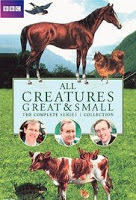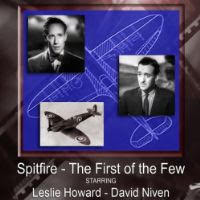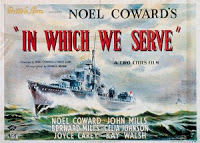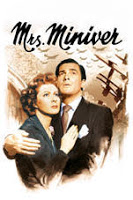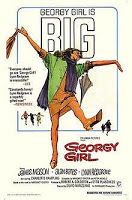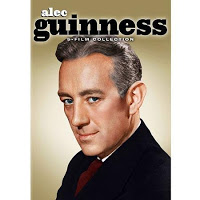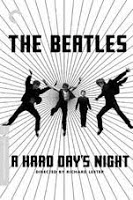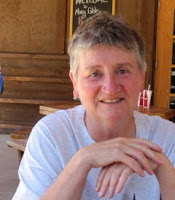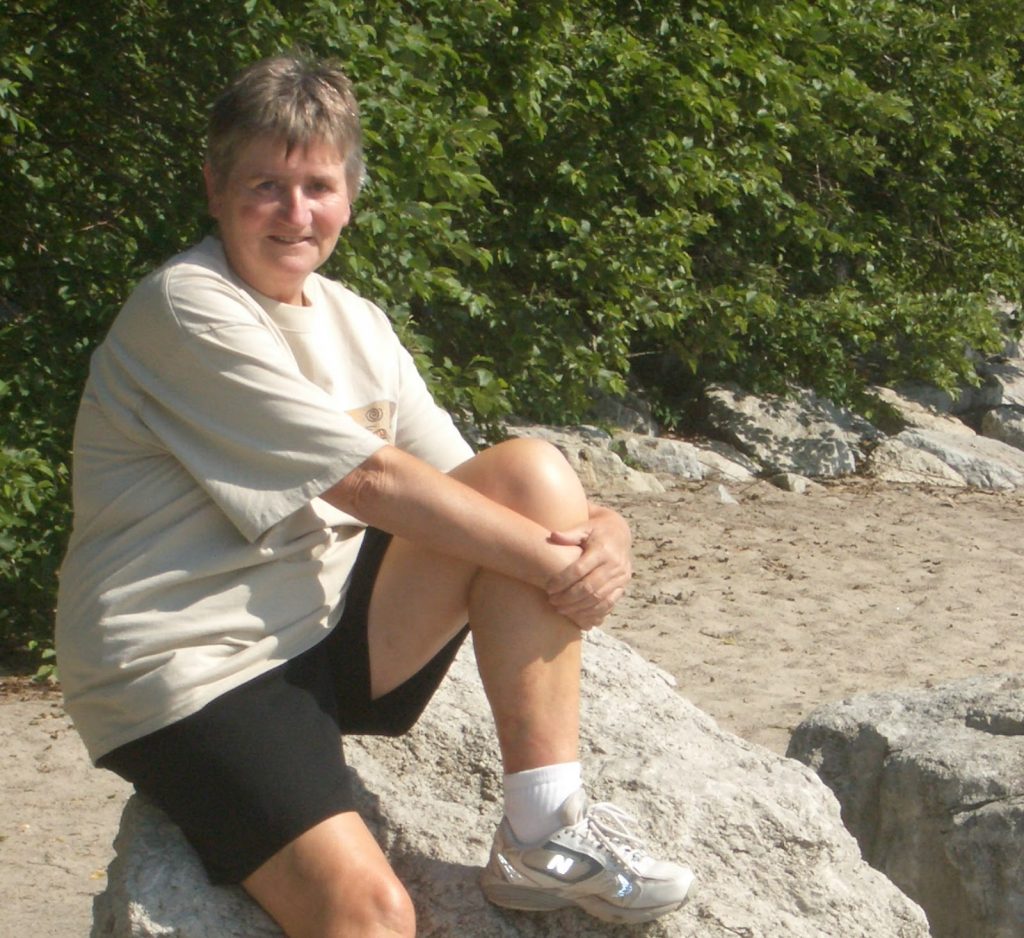In the basement I have a
box labeled MEMORABILIA. In it are all kinds of bits and pieces from my
childhood; mainly things which once belonged to my parents. It is indeed a
motley collection. You will be glad I have brought only one to share.
box labeled MEMORABILIA. In it are all kinds of bits and pieces from my
childhood; mainly things which once belonged to my parents. It is indeed a
motley collection. You will be glad I have brought only one to share.
My mother occasionally
wore a headscarf the like of which I have never seen on or off anyone’s head
since, though I understand many of them were produced. It is made of silk, and
rather than the usual flowers or paisley patterns or famous landmarks, it bears
a map. These ‘escape maps’ as they were called, first originated in Britain in
1940, and over three million were
eventually produced throughout the war years by both Britain and then the
United States. The intent was to help airmen downed behind enemy lines to find
an escape route and evade capture, and I imagine a spy or two might have found
them useful. They were made of silk primarily because so much of it was
available from damaged parachutes. But silk is durable and light-weight but
also warm – a blessing in an unheated plane, and, I should guess, if you found
yourself trying to survive in Poland in January. This particular map is of part
of Eastern Europe and The Balkans. Sadly, I never had a photo of Mum wearing it
as headscarf, a purpose for which it was, of course, never intended, but at
least I still have it, and in fact I can probably see her in it in my memories
much more clearly than I would in an old faded photograph.
wore a headscarf the like of which I have never seen on or off anyone’s head
since, though I understand many of them were produced. It is made of silk, and
rather than the usual flowers or paisley patterns or famous landmarks, it bears
a map. These ‘escape maps’ as they were called, first originated in Britain in
1940, and over three million were
eventually produced throughout the war years by both Britain and then the
United States. The intent was to help airmen downed behind enemy lines to find
an escape route and evade capture, and I imagine a spy or two might have found
them useful. They were made of silk primarily because so much of it was
available from damaged parachutes. But silk is durable and light-weight but
also warm – a blessing in an unheated plane, and, I should guess, if you found
yourself trying to survive in Poland in January. This particular map is of part
of Eastern Europe and The Balkans. Sadly, I never had a photo of Mum wearing it
as headscarf, a purpose for which it was, of course, never intended, but at
least I still have it, and in fact I can probably see her in it in my memories
much more clearly than I would in an old faded photograph.
OK, an interesting little
bit of trivia, but my fond memories of the scarf stretch out beyond those of
Mum wearing it. To begin with, unlike most of the occupants of that memorabilia
box, I remember when and how this one entered our lives.
bit of trivia, but my fond memories of the scarf stretch out beyond those of
Mum wearing it. To begin with, unlike most of the occupants of that memorabilia
box, I remember when and how this one entered our lives.
I think I was six or
seven, so it was somewhere in the late 1940’s, when a young German man came to
stay with us. I have absolutely no idea why, but my father brought him so maybe
it had something to do with my dad’s job. Dad had spent a little time in
Germany after the war; something to do with rebuilding German industry with
Allied help rather than with Communist assistance. The young man’s name was,
rather unremarkably, Hans, and I was completely captivated by him, as, though
with a little more subtlety, was my mother and, I think, even my father.
seven, so it was somewhere in the late 1940’s, when a young German man came to
stay with us. I have absolutely no idea why, but my father brought him so maybe
it had something to do with my dad’s job. Dad had spent a little time in
Germany after the war; something to do with rebuilding German industry with
Allied help rather than with Communist assistance. The young man’s name was,
rather unremarkably, Hans, and I was completely captivated by him, as, though
with a little more subtlety, was my mother and, I think, even my father.
He was the archetypal Arian,
a Hitler poster-boy: tall, slim, piercing blue eyes and a shock of white-blond
hair. He was also charming, and, apparently, charmed by all things English –
including us. He bowed and clicked his heels, rising deferentially from his
chair every time my mother or even I rose from ours. He asked my father
interminable questions about anything and everything and clung to every word of
his reply. This was fine when the topics were manly things like machinery and
especially cars, but not so good when other responses were solicited.
a Hitler poster-boy: tall, slim, piercing blue eyes and a shock of white-blond
hair. He was also charming, and, apparently, charmed by all things English –
including us. He bowed and clicked his heels, rising deferentially from his
chair every time my mother or even I rose from ours. He asked my father
interminable questions about anything and everything and clung to every word of
his reply. This was fine when the topics were manly things like machinery and
especially cars, but not so good when other responses were solicited.
‘Oh vat iss thiss,
please, in English?’ asked poor innocent Hans, delicately fingering a daffodil.
please, in English?’ asked poor innocent Hans, delicately fingering a daffodil.
‘Oh, that’s a dandelion,’
replied my father, carelessly, as one to whom all yellow flowers are
dandelions.
replied my father, carelessly, as one to whom all yellow flowers are
dandelions.
‘Oh, ja, so this
iss the dandelion!’
iss the dandelion!’
Poor Hans seemed
enraptured. Luckily my mother was there to come to the rescue.
enraptured. Luckily my mother was there to come to the rescue.
This was the first time
in my young life that anyone had ever stayed with us. I don’t remember how long
Hans visited, but the days he was there were magic. I became a beautiful,
charming adult. My mother became a vivacious teenager and my dad, at least by
his own standards, became positively verbose. It was as if we were suddenly
able to do everything a little better, but with less effort, than before. When
he left, our beautiful, light, colorful, bubble burst. We floated back to earth
and became ourselves once more. But none of us ever forgot that visit. It was
as if this magical stranger had shown us, for a little while, who and what we
could be.
in my young life that anyone had ever stayed with us. I don’t remember how long
Hans visited, but the days he was there were magic. I became a beautiful,
charming adult. My mother became a vivacious teenager and my dad, at least by
his own standards, became positively verbose. It was as if we were suddenly
able to do everything a little better, but with less effort, than before. When
he left, our beautiful, light, colorful, bubble burst. We floated back to earth
and became ourselves once more. But none of us ever forgot that visit. It was
as if this magical stranger had shown us, for a little while, who and what we
could be.
Before he left, Hans gave
my mother a gift in appreciation of her hospitality. There was no such thing as
gift-wrap paper anywhere to be found either in Germany or Britain at that time,
so very apologetically he handed her this little package wrapped very neatly in
tattered old brown paper.
my mother a gift in appreciation of her hospitality. There was no such thing as
gift-wrap paper anywhere to be found either in Germany or Britain at that time,
so very apologetically he handed her this little package wrapped very neatly in
tattered old brown paper.
He further apologized for
the gift itself. Gifts of any kind were not thick on the ground in either of
our countries at that time, either, so he really did not need to apologize,
but, this was all he had, he said, looking completely downcast.
the gift itself. Gifts of any kind were not thick on the ground in either of
our countries at that time, either, so he really did not need to apologize,
but, this was all he had, he said, looking completely downcast.
All three of us looked in
some confusion at this cloth map. The history of ‘escape maps’ only surfaced
many years later. If Hans had any idea of it’s true purpose, he said nothing.
He shrugged. ‘It iss … jou know,’ he gestured over his head, lightly skimming
his beautiful hair, ‘for the head covering ..’
some confusion at this cloth map. The history of ‘escape maps’ only surfaced
many years later. If Hans had any idea of it’s true purpose, he said nothing.
He shrugged. ‘It iss … jou know,’ he gestured over his head, lightly skimming
his beautiful hair, ‘for the head covering ..’
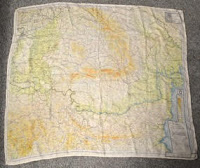 |
| British Silk Escape Map Fig 1 |
The light dawned. Mum
immediately popped it over her head, knotting it loosely at her neck and
striking a kind of would-be film star pose. It was, in fact, a strange kid of
headscarf, but my mother didn’t care – and anyway she loved maps – and I was
too young to judge. My dad smiled appreciatively. To him, I think my mother was
beautiful whatever she wore.
immediately popped it over her head, knotting it loosely at her neck and
striking a kind of would-be film star pose. It was, in fact, a strange kid of
headscarf, but my mother didn’t care – and anyway she loved maps – and I was
too young to judge. My dad smiled appreciatively. To him, I think my mother was
beautiful whatever she wore.
‘Ja. Iss goot!’ Hans
approved.
approved.
A few minutes later he
caught the local bus into town and we never, as far as I know, saw or heard
from him again.
caught the local bus into town and we never, as far as I know, saw or heard
from him again.
For the rest of my life,
as my knowledge of World War Two progressed, I wondered endlessly about Hans
and his part in the war, and before. Had he been in the Hitler Youth? Almost
certainly, I would think. Was he in the Gestapo? The SS? Or a mere
foot-soldier? He had no visible scars or missing limbs or a tell-tale limp. He
looked too robust to have been in a concentration camp; neither did he have
numbers on his arm. Perhaps he hadn’t lived in Germany at all? But he did soon
after the war. And finally, most puzzling of all, why and how did he possess a
British escape map?
as my knowledge of World War Two progressed, I wondered endlessly about Hans
and his part in the war, and before. Had he been in the Hitler Youth? Almost
certainly, I would think. Was he in the Gestapo? The SS? Or a mere
foot-soldier? He had no visible scars or missing limbs or a tell-tale limp. He
looked too robust to have been in a concentration camp; neither did he have
numbers on his arm. Perhaps he hadn’t lived in Germany at all? But he did soon
after the war. And finally, most puzzling of all, why and how did he possess a
British escape map?
 |
| British Silk Escape Map Fig 2 |
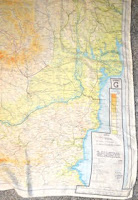 |
| British Silk Escape Map Fig 3 |
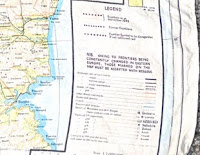 |
| British Silk Escape May Fig 4 |
I shall never know the
answers to any of my questions, and finally I have become at peace with the
handsome and charming Hans, whoever he was; whatever he once had been. Now, I
simply find it incredibly ironic that one of my most treasured objects, and all
the fond memories that go with it, was given with such sincere humility, by a
German. It took a German to cast, just for a few days, a cheerful light to brighten
my corner of the endless gray gloom that was Postwar Britain.
answers to any of my questions, and finally I have become at peace with the
handsome and charming Hans, whoever he was; whatever he once had been. Now, I
simply find it incredibly ironic that one of my most treasured objects, and all
the fond memories that go with it, was given with such sincere humility, by a
German. It took a German to cast, just for a few days, a cheerful light to brighten
my corner of the endless gray gloom that was Postwar Britain.
© October 2016
About the Author
I was born and
raised in England. After graduation from college there, I moved to the U.S.
and, having discovered Colorado, never left. I have lived in the Denver-Boulder
area since 1965, working for 30-years at IBM. I married, raised four
stepchildren, then got divorced after finally, in my forties, accepting myself
as a lesbian. I have been with my wonderful partner Betsy for thirty-years.
We have been married since 2013.
raised in England. After graduation from college there, I moved to the U.S.
and, having discovered Colorado, never left. I have lived in the Denver-Boulder
area since 1965, working for 30-years at IBM. I married, raised four
stepchildren, then got divorced after finally, in my forties, accepting myself
as a lesbian. I have been with my wonderful partner Betsy for thirty-years.
We have been married since 2013.

